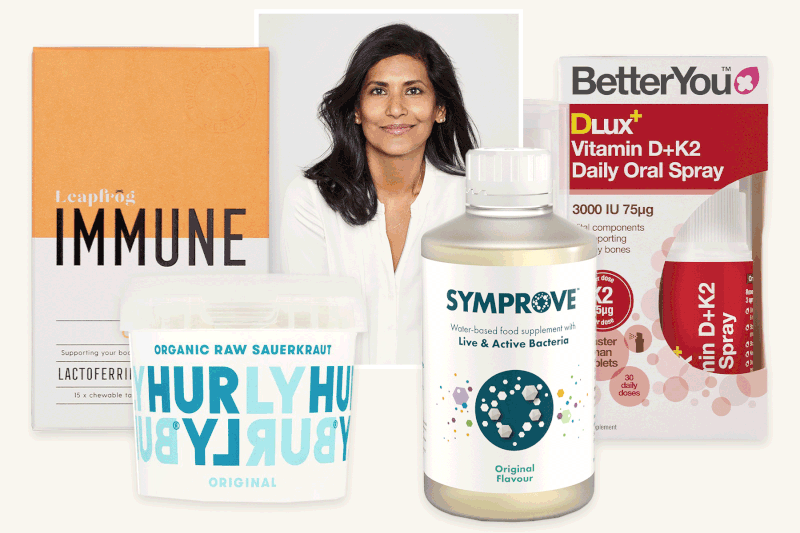
How Health Experts Look After Their Immune System
Frances McElwaine, functional health practitioner and coach
Eat The Rainbow
Keeping your gut bugs as happy as possible is central to a healthy immune system. This is best achieved by eating as wide a variety of plant-based foods as possible, including fruit, vegetables, spices, pulses, legumes and a few wholegrains. In addition, focus on good-quality animal protein that’s sustainably and organically raised. Fertilisers and pesticides can be disruptive to the gut microbiome. Try to eat the rainbow, too, which will ensure you’re getting a wide range of antioxidants, which can reduce inflammation and your risk of getting ill.
Stress Less
High levels of chronic stress is one of the main causes of depressed immunity. When you’re stressed, your body actively down-regulates certain bodily functions in a bid to save energy, and this includes the immune system. Deep breathing, meditating and being in nature are fantastic and simple ways to decrease stress levels. These may sound basic but for every second you’re deep breathing you’re not producing cortisol (your main stress hormone), and the more of that you can do, the better for the immune system.
Prioritise Sleep
We live in a society that sees sleep as a necessary inconvenience and we tend to wear our exhaustion as a badge of honour. However, broken sleep and low energy levels are a clear (and often the first) sign that things are out of balance. As we sleep, the body repairs, heals and cleans out pathogens. If you don’t get enough sleep, your body simply cannot function properly. If you struggle to sleep, try the 4-7-8 technique, breathing in for a slow count of four, holding for seven and then exhaling for eight. You only need to do this four times for it to have a deeply stress-reducing and immune-boosting effect.
Don’t Forget About Vitamin D
Vitamin C gets a lot of airtime when it comes to immunity, but vitamin D also plays a key role. Ask your GP to check your levels of vitamin D – your levels should ideally be well into the upper third of the reference range and anything below 30 mg/L requires supplementation. Remember that vitamin D also requires magnesium to be properly absorbed, so consider taking a supplement that combines the two.
Visit RealHealthAndWellness.com
Kathryn Danzey, founder of Rejuvenated
Take Up Yoga
Lymph is a clear fluid which moves through the body picking up bacteria and toxins and then filters them through your lymph nodes. Physical exercise, such as yoga, helps keep lymph flowing, which in turn boosts health. The movement of your lymph is also affected by gravity, so doing a pose where your head is below your heart is beneficial. My balance isn’t good enough to do a proper headstand, but I find a headstand done against the wall for a few minutes is just as effective.
Take A Cold Shower
Research suggests taking a cold shower can boost your immune system. Our bodies are designed to be resistant to the elements and bathing in cold water is associated with an increase in endorphins, metabolic rate and circulation. Just one minute a day is long enough to reap the rewards.
Look After Your Gut
Did you know 70% of your immune system lives in your gut? If you don’t already eat them, introduce fermented foods – such as kimchi and sauerkraut – into the diet, and eat lots of green leafy vegetables, which are incredibly nutrient dense and can help protect the immune system. Broccoli, brussels sprouts, kale and Swiss chard are particularly potent when it comes to boosting gut health, too.
Visit Rejuvenated.com
Petronella Ravenshear, nutritionist
Stock Up On Vitamin C
Vitamin C is one of my standbys for the winter months. A liposomal vitamin C formula can be particularly effective as these liquid formulas get to where they’re needed quicker, but I also recommend Leapfrog Immune, which combines vitamin C with antiviral lactoferrin and zinc. I take two of Leapfrog’s tablets daily throughout the winter months. It’s also important to cut back on sugar, which competes with vitamin C. If possible, keep your sugar intake to an absolute minimum.
Eat Your Mushrooms
Increasingly, studies show the power of mushrooms when it comes to the immune system. If you like mushrooms and can tolerate them, eat a wide variety and organic if possible. Mushrooms contain a nutrient called beta glucans, which is a powerful immune system tonic. If you don’t like mushrooms, consider taking a supplement – I rate Solgar’s Beta Glucans. Take one to two tablets two to three times per day and triple the dose if you feel particularly run down.
Visit TheHumanBeingDiet.com
Marie Reynolds, holistic skin and wellness expert
Eat More Alkaline Foods
An alkaline diet is a great way to aid immunity and overall wellbeing. The most acid-forming foods tend to be the most unnatural foods – not tomatoes and oranges as most people suspect – but rather foods that are in a highly processed form, such as coffee, alcohol, tobacco, white flour, sugar and convenience foods. Some of the most alkaline foods, on the other hand, include spinach, kale, almonds, avocado, cucumber, beetroot, figs and apricots.
Invest In The Right Supplements
High-quality supplements are worth their weight in gold when it comes to the immune system. My Liver Rescue contains artichoke, cinnamon, garlic and grapefruit seed extract, all of which are naturally antiparasitic, antibacterial and antiviral, and help cleanse the liver, in turn getting rid of pathogens. It could also be worth topping up your levels of l-glutamine, the most abundant amino acid in the body which is crucial for immunity. L-glutamine is also a wonderful way to improve gut health as it helps seal the gut wall, which can, in turn, aid immunity.
Visit MarieReynoldsLondon.com
Amanda Caldwell, PT and founder of Anthro Contrology
Supercharge Your Soup
Whilst my husband was terminally ill, I did a lot of research into nutrition and almost immediately noticed the energy boost of going plant based. I lost the sluggish feeling in the morning and that was also the first winter I didn’t catch a single cough or cold. Once a week, I make a batch of my super soup, which contains black kale, garlic, onions, carrots, celery, tomatoes and white beans – the perfect blend of vitamins and antioxidants. I also make a paste – three cloves of garlic, black peppercorns and cloves – which I add to soups and stews halfway through cooking.
Brew A Hot Toddy
Being Scottish, a hot toddy is something of a winter essential. In a small pan, squeeze in the juice of an orange and lemon, a couple of slices of fresh ginger, a splash of water, a measure of whiskey and a few drops of honey. Bring to a gentle simmer, then remove from the heat and enjoy. In the morning, chances are you’ll find your cough or sniffly nose has disappeared.
Slow Down
A few years ago, I made the decision to stop all forms of high intensity exercise and discovered a love for reformer Pilates. This form of exercise significantly reduced my stress levels and increased my physical strength. Prior to this, I was always run down and permanently stressed, which resulted in chronic chest infections, which twice led to pneumonia followed by long-lasting coughs and colds. It’s important to stay active, but don’t over-do it.
Visit Anthro-Contrology.com
Ruby Hammer MBE, make-up artist and wellness expert
Try An Ancient Ritual
Since going through the menopause I’ve made more of an effort to focus on wellness, mindfulness and rituals that I believe have an overall impact on my health, whether it’s meditating daily or focusing on being grateful for what I have. When it comes to immunity, tongue scraping can help. Growing up in Nigeria, with Bangladeshi parents, I was brought up with this ritual, which is believed to aid digestion (and in turn immunity) as well as help with sore throats and sinus infections.
Consider A Liquid Probiotic
Symprove – a liquid-based probiotic – has become a staple in my wellness routine. When we eat something, or take a capsule, this triggers digestion, which breaks down the food and bacteria contained within. Symprove, on the other hand, delivers its bacteria via a water-based formula, meaning the stomach doesn’t break it down and bacteria reaches the gut intact, where it thrives and multiplies, in turn supporting a healthy microbiome. A happy gut is intrinsic to overall health.
Visit RubyHammer.com
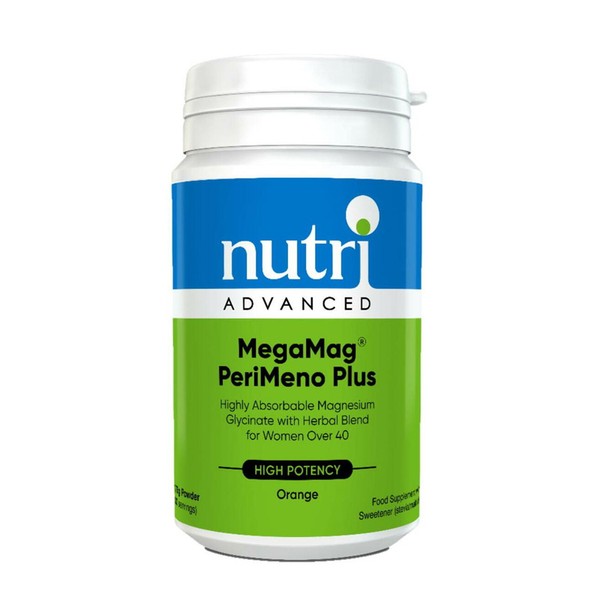
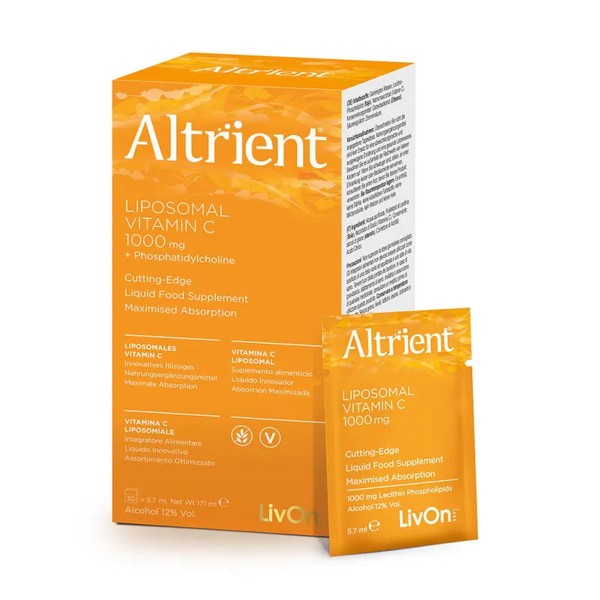
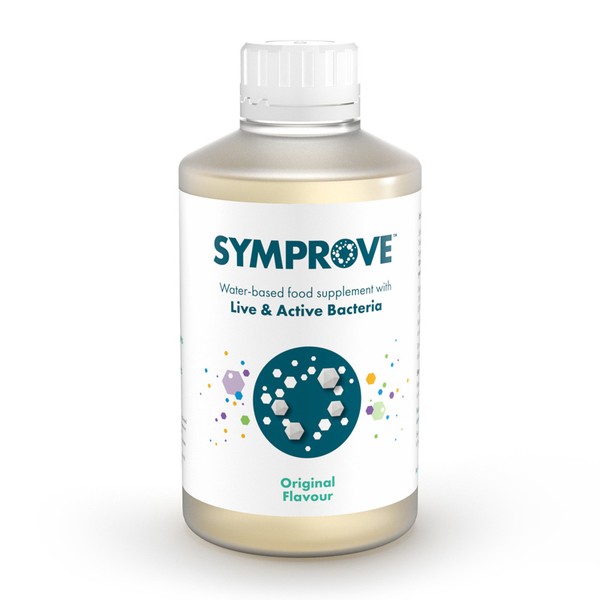
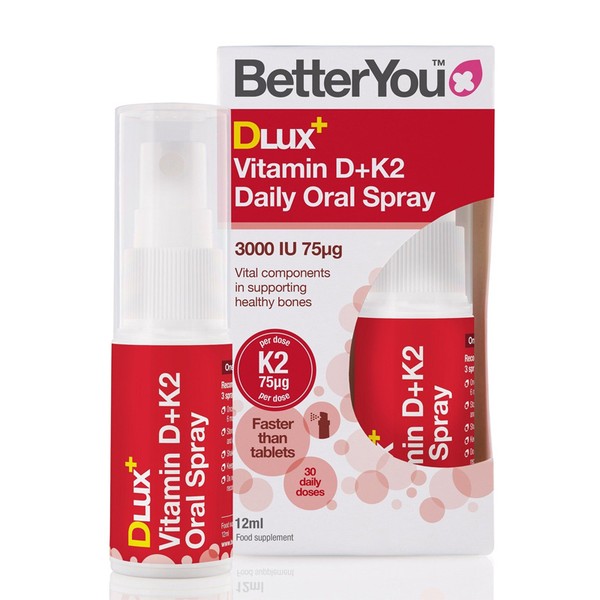
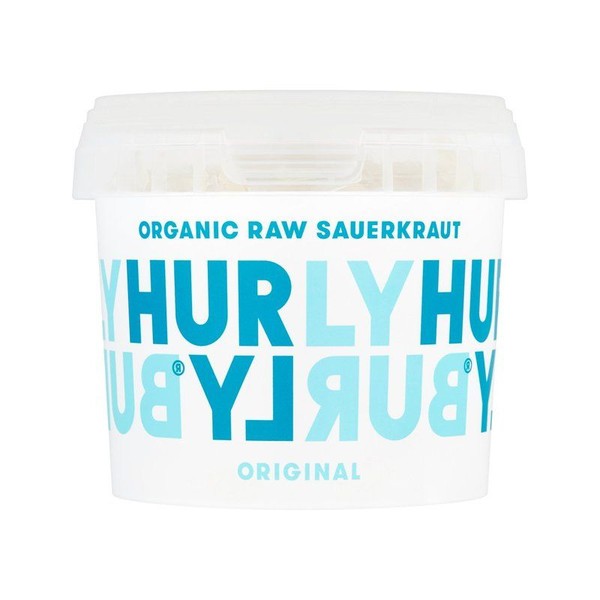
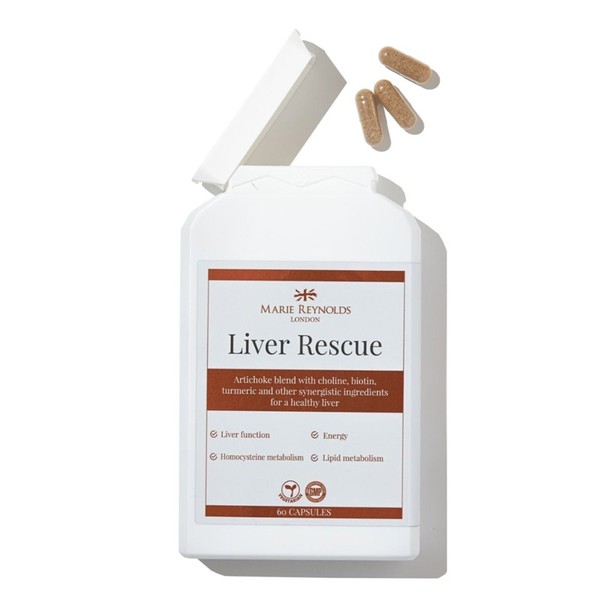

DISCLAIMER: Features published by SheerLuxe are not intended to treat, diagnose, cure or prevent any disease. Always seek the advice of your GP or another qualified healthcare provider for any questions you have regarding a medical condition, and before undertaking any diet, exercise or other health-related programme.
DISCLAIMER: We endeavour to always credit the correct original source of every image we use. If you think a credit may be incorrect, please contact us at info@sheerluxe.com.


